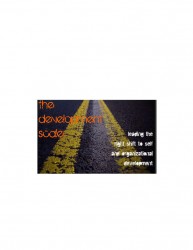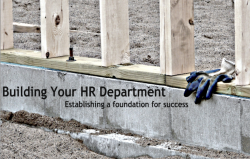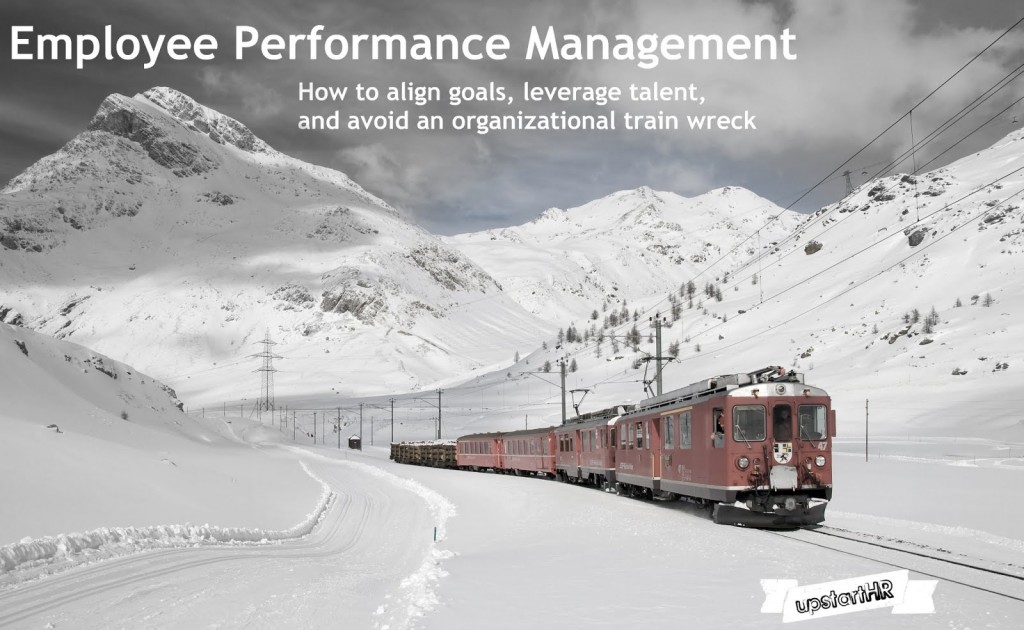When we think about tools like Expedia and Yelp, we realize the value of transparency in the marketplace. The underlying issue is information asymmetry – when one party has more information than the other, that party has additional leverage in a discussion or negotiation. Leveling the playing field between two parties in an exchange helps both to feel like they got a fair deal, which is essential in an employment situation. This specifically applies to compensation as well. There is value in openness, and companies that find the right balance can reap the benefits of pay transparency
Research Supports an Open Approach:Â Research points out that companies where employees understand the pay philosophy are more likely to see engagement from employees. A sense of trust and openness at work can create bottom-line business results. On the other end of the spectrum, pay secrecy has proven to limit business impact. This combination of factors clearly makes the case that businesses need to seek transparency at some level.
Trends in Transparency:Â A wide variety of trends have contributed to this increased demand for compensation transparency. From the deep insights offered by tools like Charity Navigator (and other online transparency sites) to the media sharing stories of corporate corruption and scandal, many drivers have created an environment that is ripe for additional openness.
Delivering a High-Quality Employee Experience: The good news is that any organization can improve pay transparency. Using tools like transparency audits and frameworks, companies can deliver a culturally-appropriate level of openness that improves the employee experience. These methods help organizations to make decisions (both big and small) in search of the right balance of transparency.
The Business Case for Transparency
Several years ago, Dan Ariely, a behavioral economist and professor at Duke University, performed an analysis of country-specific organ donation rates. His findings showed that countries like Austria and Poland had higher than 99 percent donation rates, but countries like Denmark had dismal rates in the single digits. He wanted to find out what made each group different, because Denmark is very similar to its neighbors in terms of culture, religion, and other socioeconomic factors.
It turned out that the key influencer was not an intrinsic one at all. Each country's Department of Motor Vehicles actually used a different method for enrolling someone in organ donation. For Austria and Poland, the enrollment form's default was to participate in the program. For countries like Denmark, the enrollment form required them to opt into the program. That small difference led to significant impacts on organ donation and availability, and it offers a compelling lesson on how our default reactions can shape outcomes.
The lesson here is, given the choice, we should default to transparency. For some business leaders, it is reflexive to protect information, keeping it secret unless they have a good reason to share. While working as an HR leader, I performed plenty of coaching with my executive team focused on the concepts of pay transparency and business transparency in general. I always told them their default should be to share openly unless there are specific reasons not to. The benefits of this approach include greater awareness and engagement in the employee population.
If you’re interested in reading and learning more about compensation transparency, be sure to check out our free eBook on the topic underwritten by the great team at Salary.com, where this content was pulled from. I’d love to hear your thoughts on the topic!




 Congratulations! You’ve picked a development goal for yourself. It’s big, but that’s okay, because the important thing is that you’re focusing on your development and setting goals for yourself. Now let’s sit back, relax, and enjoy the happy feelings associated with setting a personal goal.
Congratulations! You’ve picked a development goal for yourself. It’s big, but that’s okay, because the important thing is that you’re focusing on your development and setting goals for yourself. Now let’s sit back, relax, and enjoy the happy feelings associated with setting a personal goal.
